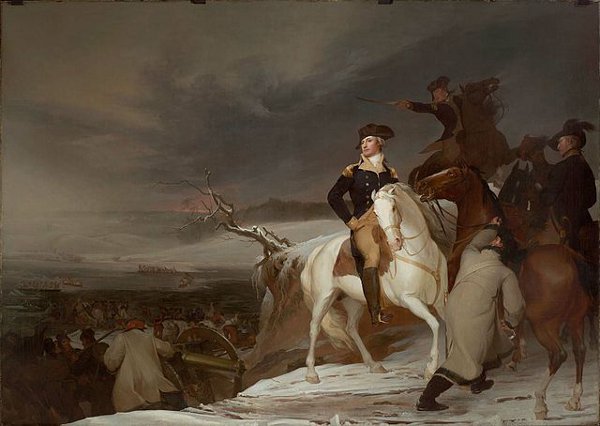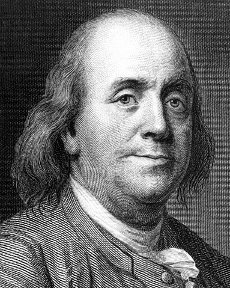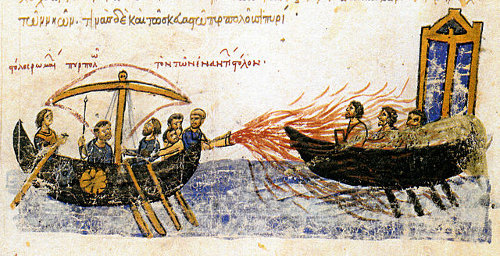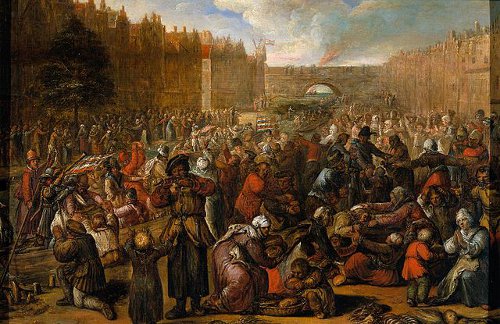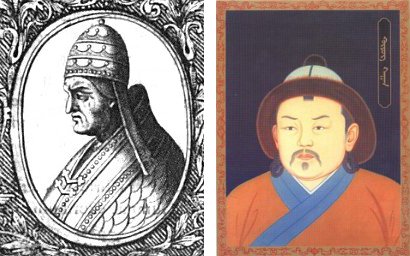
A letter from Pope Innocent IV to Güyük Khan, king of the Mongols, March 13, 1245:
Seeing that not only men but even irrational animals, nay, the very elements which go to make up the world machine, are united by a certain innate law after the manner of the celestial spirits, all of which God the Creator has divided into choirs in the enduring stability of peaceful order, it is not without cause that we are driven to express in strong terms our amazement that you, as we have heard, have invaded many countries belonging both to Christians and to others and are laying them waste in a horrible desolation, and with a fury still unabated you do not cease from stretching out your destroying hand to more distant lands, but, breaking the bond of natural ties, sparing neither sex nor age, you rage against all indiscriminately with the sword of chastisement.
We, therefore, following the example of the King of Peace, and desiring that all men should live united in concord in the fear of God, do admonish, beg and earnestly beseech all of you that for the future you desist entirely from assaults of this kind and especially from the persecution of Christians, and that after so many and such grievous offences you conciliate by a fitting penance the wrath of Divine Majesty, which without doubt you have seriously aroused by such provocation; nor should you be emboldened to commit further savagery by the fact that when the sword of your might has raged against other men Almighty God has up to the present allowed various nations to fall before your face; for sometimes He refrains from chastising the proud in this world for the moment, for this reason, that if they neglect to humble themselves of their own accord He may not only no longer put off the punishment of their wickedness in this life but may also take greater vengeance in the world to come.
On this account we have thought fit to send to you our beloved son and his companions the bearers of this letter, men remarkable for their religious spirit, comely in their virtue and gifted with a knowledge of Holy Scripture; receive them kindly and treat them with honour out of reverence for God, indeed as if receiving us in their persons, and deal honestly with them in those matters of which they will speak to you on our behalf, and when you have had profitable discussions with them concerning the aforesaid affairs, especially those pertaining to peace, make fully known to us through these same Friars what moved you to destroy other nations and what your intentions are for the future, furnishing them with a safe-conduct and other necessities on both their outward and return journey, so that they can safely make their way back to our presence when they wish.
Güyük wrote back:
By the power of the Eternal Heaven, we are the all-embracing Khan of all the Great Nations. It is our command:
This is a decree, sent to the great Pope that he may know and pay heed.
After holding counsel with the monarchs under your suzerainty, you have sent us an offer of subordination which we have accepted from the hands of your envoy.
If you should act up to your word, then you, the great Pope, should come in person with the monarchs to pay us homage and we should thereupon instruct you concerning the commands of the Yasak.
Furthermore, you have said it would be well for us to become Christians. You write to me in person about this matter, and have addressed to me a request. This, your request, we cannot understand.
Furthermore, you have written me these words: ‘You have attacked all the territories of the Magyars and other Christians, at which I am astonished. Tell me, what was their crime?’ These, your words, we likewise cannot understand. Chinggis Khan and Ogatai Khakan revealed the commands of Heaven. But those whom you name would not believe the commands of Heaven. Those of whom you speak showed themselves highly presumptuous and slew our envoys. Therefore, in accordance with the commands of the Eternal Heaven, the inhabitants of the aforesaid countries have been slain and annihilated. If not by the command of Heaven, how can anyone slay or conquer out of his own strength?
And when you say: ‘I am a Christian. I pray to God. I arraign and despise others,’ how do you know who is pleasing to God and to whom He allots His grace? How can you know it, that you speak such words?
Thanks to the power of the Eternal Heaven, all lands have been given to us from sunrise to sunset. How could anyone act other than in accordance with the commands of Heaven? Now your own upright heart must tell you: ‘We will become subject to you, and will place our powers at your disposal.’ You in person, at the head of the monarchs, all of you, without exception, must come to tender us service and pay us homage; then only will we recognize your submission. But if you do not obey the commands of Heaven, and run counter to our orders, we shall know that you are our foe.
That is what we have to tell you. If you fail to act in accordance therewith, how can we forsee what will happen to you? Heaven alone knows.
The two never met on the field of battle, so God was unable to make his wishes clearer.
(Thanks, Julian.)
